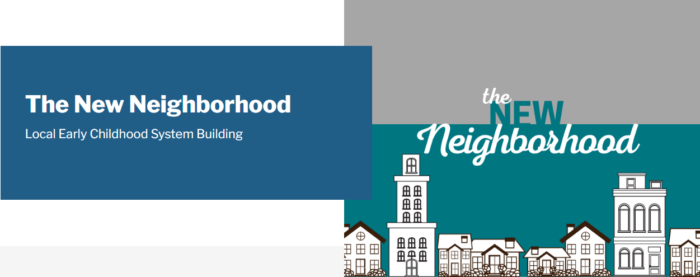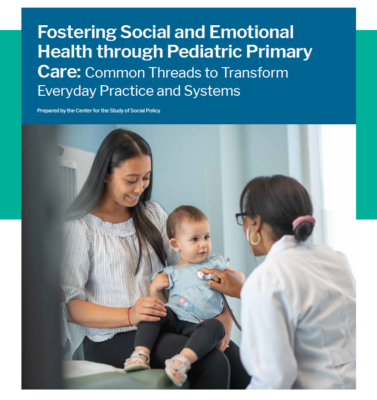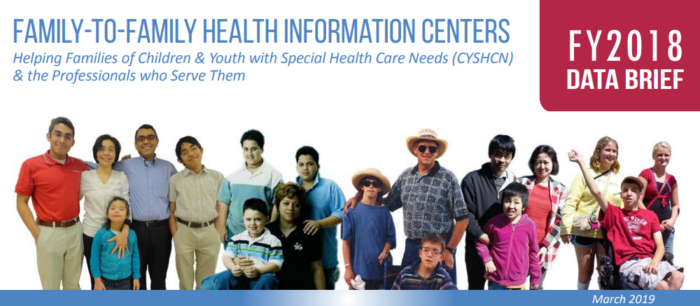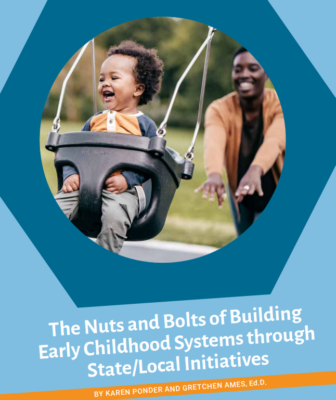Engaging Families in Policy Change

Centering families’ voices in policy design, advocacy, and implementation results in policies that are more reflective of the needs of children and families – and therefore more effective. Recognizing the expertise of families based on their lived experience and providing the resources and support to enable them to participate fully in the policymaking process are critical components of effective efforts to disrupt systemic racism and advance equity through improved policies for babies and their families. This brief provides an overview of strategies for engaging families in the policy change process. The brief includes pathways for engagement, strategies to reduce barriers and recognize expertise, and ways to reach families and include them in decision making.
Inviting families to the table requires intentionality. Internally, this includes examining where existing ways of operating may need to change to meaningfully include families in decision making. Once a professional or organization is ready to engage families, intentional outreach and recruitment strategies are important.
Strategies for Reaching Families
- Partner with trusted community organizations to conduct outreach with families they serve.
- Conduct outreach through digital channels, including social media.
- Engage family leaders in supporting outreach to other families in their communities.
- Invest in dedicated staff capacity to support family outreach and engagement, with a focus on individual relationship building.
- Seek to identify places where families already gather. (This can include reaching
- out to national organizations that may be able to make connections with state affiliate chapters.)







